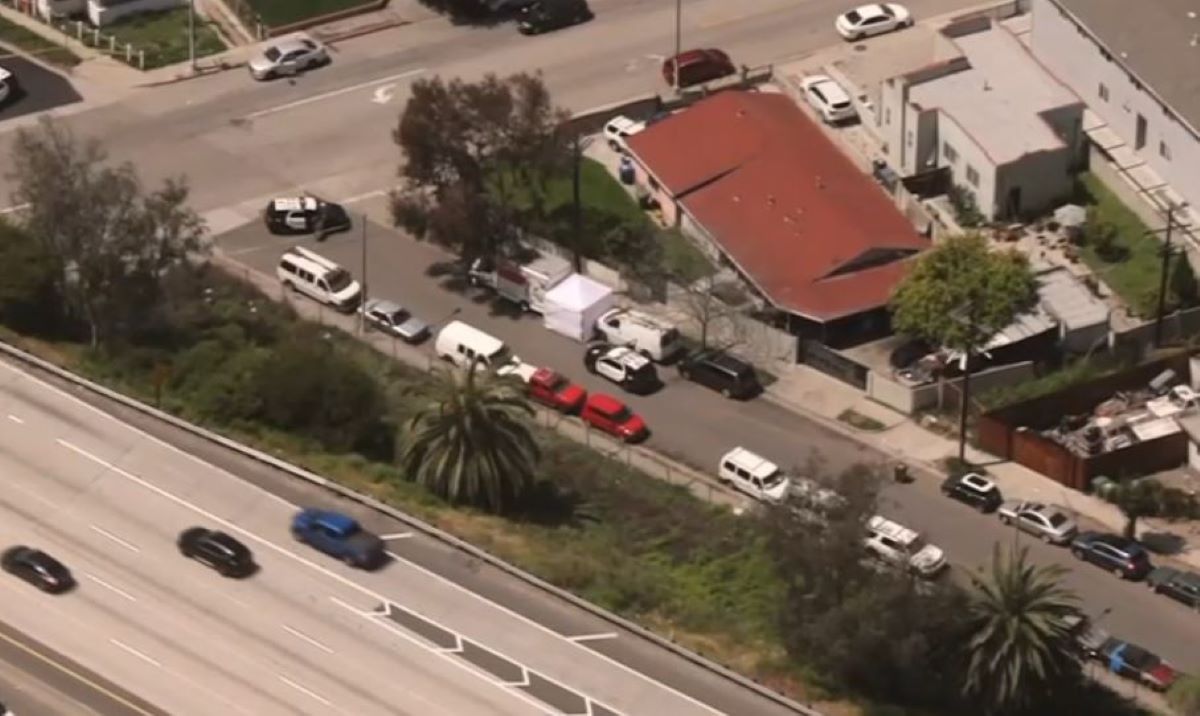The first launch of a mostly 3D printed rocket manufactured in Long Beach was scrubbed Wednesday with another attempt expected in the coming days.
The launch window for the Relativity Terran 1 rocket opened at 10 a.m. California time, but lift-off at Cape Canaveral in Florida was delayed several times until the mission was finally scrubbed for Wednesday. It was not immediately clear when the next launch window will open.
"The team is working diligently toward our next launch window in the coming days," the company said in a tweet.
Get Southern California news, weather forecasts and entertainment stories to your inbox. Sign up for NBC LA newsletters.
The launch, part of a mission dubbed Good Luck, Have Fun, will mark the team's first orbit flight attempt with the 100-foot tall, two-stage rocket, which has 80-percent 3D printed parts by mass, according to the company.
That includes structural elements and engine parts.
Local
Get Los Angeles's latest local news on crime, entertainment, weather, schools, COVID, cost of living and more. Here's your go-to source for today's LA news.
Relativity, founded in 2015 with factories and headquarters in Long Beach, says its fully reusable rockets can be constructed within 60 days. Eventually, the rockets will be able to carrying more than 20,000 kilograms into low-Earth orbit, the company says.
There is no cargo aboard the rocket for Wednesday's launch.
Rocket boosters have been made from 3D-printed parts before, but Relativity's rockets are the first developed entirely with additive manufacturing -- construction of a three-dimensional object from a computer-assisted design model or a digital 3D model.
The company's goal is to manufacture rockets made from 95 percent printed parts. offering a less expensive and faster alternative to building rockets.
If the flight is successful, Relativity's booster would become the first methane-fueled rocket to reach orbit. Terran 1 relies on a mix of methane and liquid oxygen to produce thrust.
The mission will provide data to evaluate the rocket during launch and as it flies in low-Earth orbit. A learning opportunity cloaked in the dramatic spectacle of a rocket launch from the Florida coast.
"No matter the outcome tomorrow, we are still in the early innings of a 9-inning ballgame,” Relativity CEO Tim Ellis tweeted Tuesday. “This launch won’t singularly define our long-term success."



